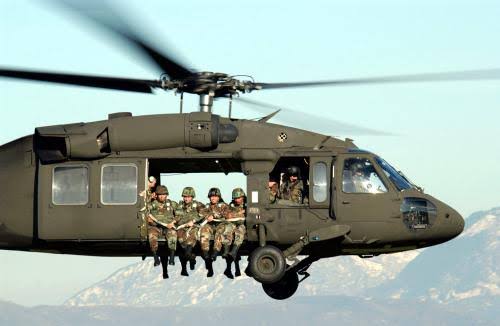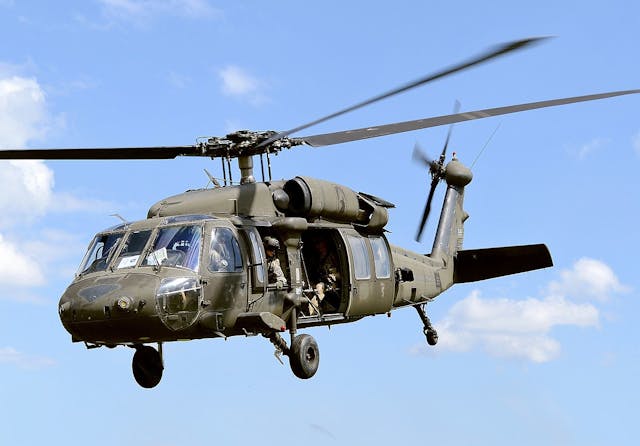The Effect of Sustainable Practices on the Future of Airplane Workflow and Emissions Decrease
As the aviation industry faces boosting scrutiny over its ecological influence, the adoption of sustainable practices emerges as a vital path towards future aircraft operations and emissions decrease. Advancements in sustainable aeronautics fuels and innovations in hybrid propulsion modern technologies stand at the leading edge of this makeover, promising significant reductions in greenhouse gas discharges.

Summary of Sustainable Practices
Sustainable practices in airplane operations encompass a variety of strategies targeted at reducing environmental influence while preserving operational efficiency. These methods are important in the aviation market's commitment to lessening its carbon footprint and adhering to international ecological requirements. Key efforts consist of optimizing trip courses to reduce fuel intake, improving upkeep protocols to ensure aircraft run at peak effectiveness, and applying sophisticated modern technologies such as winglets and light-weight materials that boost aerodynamics.

Educating and engaging team on sustainability methods also play an essential duty, fostering a society of environmental obligation within companies. Overall, the combination of these lasting methods not just helps in reducing discharges yet also improves the lasting practicality of the aviation sector, guaranteeing it meets the needs of both clients and governing bodies while adding to global sustainability objectives.
Innovative Fuel Alternatives
Various innovative gas choices are becoming crucial options to reduce the aviation market's dependence on traditional fossil fuels. Among these options, Lasting Air travel Gas (SAFs) have actually acquired significant interest as a result of their possible to lower lifecycle greenhouse gas exhausts by as much as 80% compared to standard jet fuels. SAFs are stemmed from numerous feedstocks, including waste oils, agricultural residues, and even algae, making them a flexible alternative for the industry.
An additional appealing option is hydrogen fuel, which, when used in fuel cells, produces just water vapor as a result. This zero-emission potential presents a considerable opportunity for decarbonizing flight procedures, particularly for short-haul flights and local aircraft. In addition, electrical propulsion systems are being discovered, leveraging battery technology to power airplane. While existing battery capability limits variety and payload, ongoing improvements may quickly provide electric flights feasible for certain applications - uh 60.
Finally, biofuels obtained from biomass are being checked out, using an eco-friendly option that can be combined with traditional fuels. Jointly, these cutting-edge gas alternatives represent an important step toward accomplishing a sustainable air travel environment, straightening with international discharges decrease targets and boosting the industry's environmental stewardship.
Technological Developments in Aeronautics

How can technological improvements improve the future of aeronautics? Technologies such as electric and hybrid propulsion systems are at the center, promising significant decreases in fuel consumption and greenhouse gas exhausts.
Furthermore, the execution of innovative materials, such as lightweight compounds, adds to enhanced the rules of aerodynamics and fuel effectiveness. Using synthetic knowledge and device discovering in flight procedures maximizes course planning and lowers fuel burn by allowing real-time changes based upon climate and web traffic conditions. In addition, the growth of autonomous and from another location piloted aircraft systems stands to change freight and passenger transport, potentially increasing effectiveness while decreasing human error.
Moreover, sustainable aviation modern technologies, consisting of sophisticated air web traffic monitoring systems, can simplify procedures and lower congestion, causing reduced emissions during trip. These developments jointly stand for a paradigm change in aviation, promising a future where sustainability and functional performance are linked, consequently supporting the industry's commitment to reducing its ecological effect.

Regulatory Framework and Conformity
In light of the expanding emphasis on ecological stewardship within the aviation market, the governing framework regulating airplane procedures is progressing to promote sustainable methods. Regulative bodies, such as the International Civil Aeronautics Organization (ICAO) and numerous nationwide aviation authorities, are introducing stringent guidelines aimed at reducing exhausts and boosting functional effectiveness.
These policies usually consist of the adoption of Sustainable Aeronautics Gas (SAF), which has actually been recognized as a crucial part in accomplishing lower carbon footprints. Furthermore, conformity with these laws needs airlines to implement advanced technologies and functional techniques, such as maximized flight courses and enhanced air web traffic management, to minimize fuel usage.
Additionally, the enforcement of exhausts trading systems and carbon balancing out initiatives is becoming increasingly common, engaging airline companies to keep track of and report their discharges properly. Non-compliance can cause significant charges, therefore pressing drivers to prioritize sustainability in their company versions.
Eventually, the developing governing landscape not only drives advancement and investment in eco-friendly innovations yet also fosters a culture of liability within the aeronautics industry. As these structures proceed to establish, the concentrate on sustainable techniques will be essential to achieving the sector's long-term environmental goals.
Future Fads in Aircraft Procedures
As the aviation market adapts to a significantly rigid regulatory atmosphere, future trends in aircraft procedures are established to concentrate on cutting-edge services that even more enhance sustainability and effectiveness - uh 60. Key developments will likely include the fostering of advanced air web traffic administration systems, which use real-time data and expert system to enhance flight courses, decreasing gas consumption and discharges
An additional substantial pattern is the enhanced assimilation of sustainable aviation gas (SAFs) These alternatives to standard jet fuel, obtained from eco-friendly resources, can substantially decrease lifecycle greenhouse gas exhausts. The click over here sector's commitment to SAFs will likely increase as airlines team up with fuel manufacturers to ensure accessibility and cost-effectiveness.
Additionally, the press towards electrification and hybrid propulsion systems is getting momentum. Emerging airplane styles will integrate these technologies, providing quieter and a lot more efficient procedures, specifically for short-haul trips.
Verdict
In verdict, the combination of sustainable methods in airplane procedures holds considerable possibility for discharges decrease and improved effectiveness. The fostering of lasting aviation gas, coupled with innovations in hybrid and electric propulsion systems, is vital for lessening lifecycle greenhouse gas exhausts. Moreover, optimizing trip paths and accepting ingenious modern technologies add to a quieter and more eco-friendly aviation industry. Collectively, these efforts straighten with international sustainability goals and lead the way for a greener future in aeronautics.
Innovations in try this site sustainable air travel gas and developments in crossbreed propulsion modern technologies stand at the leading edge of this get redirected here improvement, encouraging significant reductions in greenhouse gas exhausts.Many innovative gas options are arising as essential remedies to decrease the aviation market's dependence on traditional fossil fuels - uh 60. Among these options, Sustainable Aeronautics Fuels (SAFs) have actually acquired significant focus due to their possible to decrease lifecycle greenhouse gas discharges by up to 80% compared to traditional jet fuels.Another significant pattern is the raised assimilation of lasting aviation gas (SAFs) The adoption of lasting aviation fuels, paired with improvements in electric and hybrid propulsion systems, is important for decreasing lifecycle greenhouse gas exhausts
Comments on “UH 60 Black Hawk: Trick Attributes and Technologies”